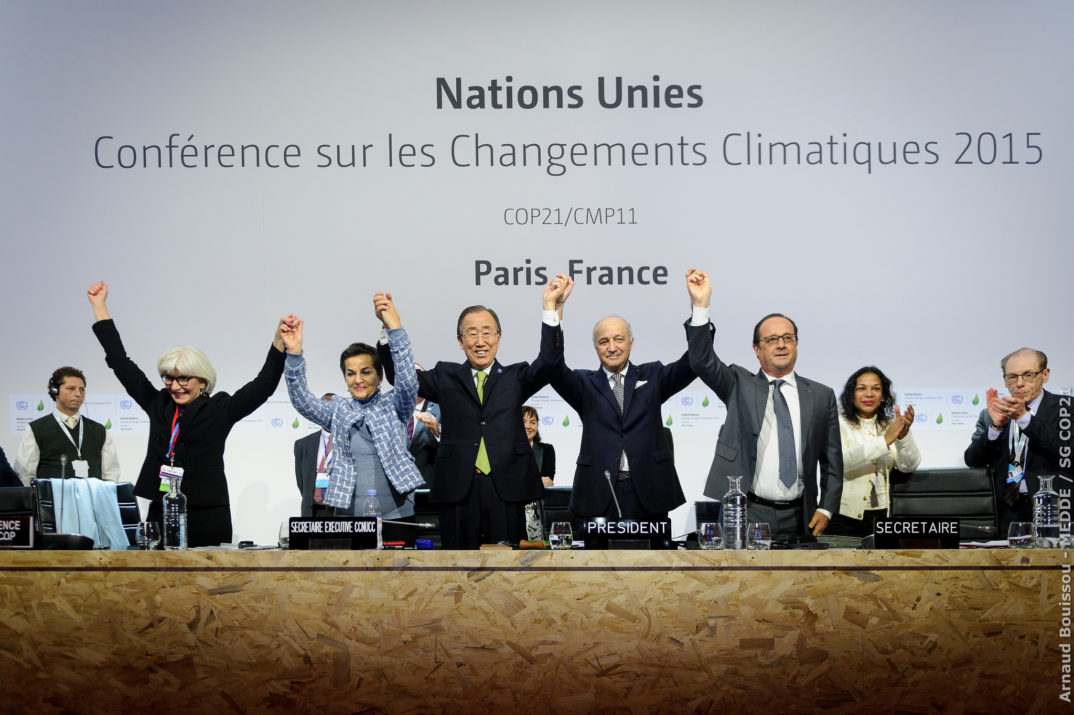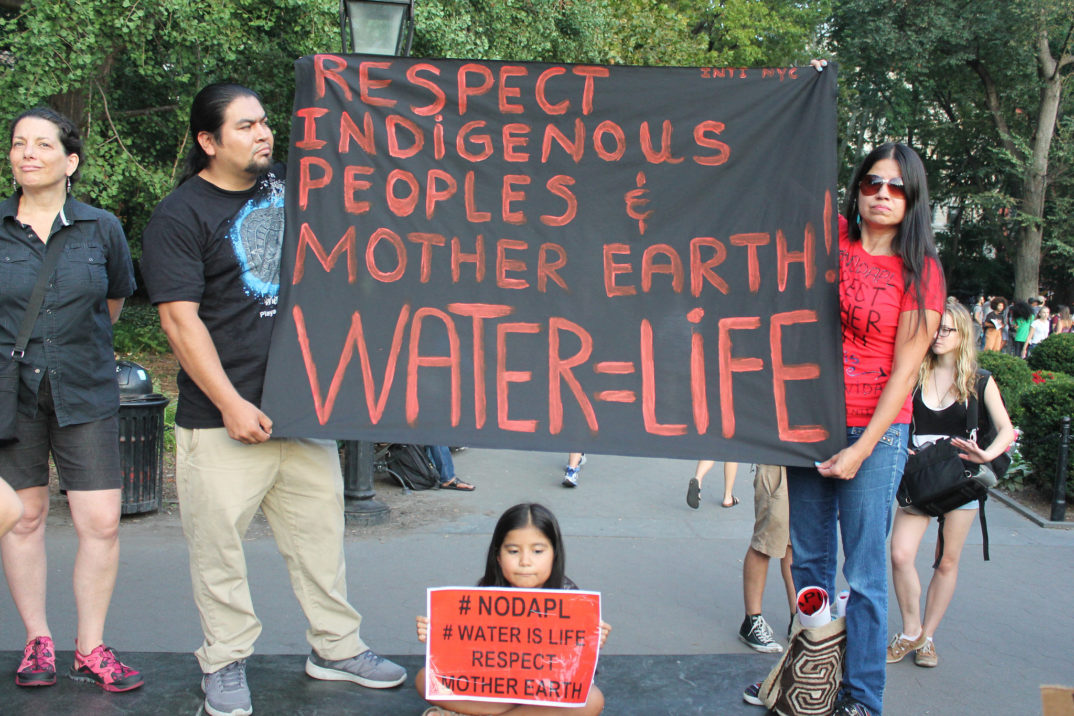Tumultuous times in Canada as protests and blockades have brought to light a very complex set of moral issues. At the center of the turmoil is a natural gas pipeline running through the territory of the Wet’suwet’en in British Columbia. Approval for construction was given by twenty elected band councils (including the Wet’suwet’en) along the proposed route, but it has been denied by some of the hereditary chiefs of the Wet’suwet’en. Opposition has led to protests and blockades, court injunctions, and then further protests and blockades of rail lines and bridges in eastern Canada in solidarity. This issue now involves factors ranging from environmental effects, the rule of law, the future prospects of reconciliation with First Nations in Canada, economic effects, and the political priorities for Justin Trudeau’s government.
The proposed pipeline project is worth over six billion dollars and could introduce several economic benefits both to Canada and to the region in British Columbia where construction would take place including about 10,000 jobs. Coastal GasLink has signed economic benefits agreements with several First Nation groups. This is part of the reason that several prominent members of the tribe support the construction. It will bring hundreds of well-paying jobs to a region that needs it. On the other hand, the pipeline carries natural gas which means that there are environmental factors to consider as well. If completed, the pipeline will have the capacity to move 2.1 billion cubic feet of natural gas per day with the potential to eventually expand to 5 billion cubic feet. While supporters of the pipeline will point out the relative environmental benefits of natural gas compared to alternatives like coal, it is still carbon that will be burned. Also, like any pipeline there is the possibility of breakages and leaks which could cause additional harmful environmental effects.
Beyond environmental and economic concerns, the issue is complicated because of disagreements taking place within the First Nations community as a whole. Part of Prime Minister Justin Trudeau’s agenda when it comes to Indigenous issues is to build a nation-to-nation relationship between Canada and First Nations. However, it isn’t clear right now who speaks for the Wet’suwet’en. 20 elected First Nation government bands and some hereditary chiefs support the pipeline, while other hereditary chiefs remain opposed. The issue is made more complicated by the fact that the elected band councils are an imposition created by the federal government under the Indian Act. Because of this, the approval of the band councils is problematic. Critics charge that the councils are a colonialist imposition and question the moral and legal authority of the councils to offer approval. On the other hand, those council members and other Wet’suwet’en people have voiced their support for the pipeline and disapproval of the protests. This has resulted in a situation that is splitting families. As David Chartrand of the Manitoba Metis Federation points out, “The elected chiefs and councils and hereditary chiefs need to sort out amongst themselves who has governance of their territory.”
In addition to the economic, environmental, and political concerns of the pipeline itself, there are additional legal issues involved with the protests. This issue isn’t new as there have been previous blockades established to prevent construction. However, court injunctions have required that these blockades be removed. Those who oppose the blockades argue that the issue is a matter of the rule of law; the courts have ruled these blockades be removed and they have not done so. In addition, the protests and blockades of rails lines in eastern Canada have created further legal problems as protestors try to prevent trains from passing by throwing fire and debris at moving trains. Conservative politicians have compared the situation to a state of anarchy.
However, the issue is complicated by the fact that in many cases these protests and blockages are mostly on land that was never legally ceded to Canada. Canada’s Supreme Court has also ruled that First Nations legal systems continue to be valid. Depending on which legal authority takes precedence, the Wet’suwet’en may be within their rights to try to remove people and equipment from their land. In areas of Ontario (such as Belleville) where rail lines are being blockaded a similar concern exists.
Within the rest of Canada there are the complicated moral and political choices about how to respond. Canadian police have a controversial history when it comes to Aboriginal affairs and in breaking up protests. And this history may be driving the reluctance of the federal government to break up the blockades. The presence of the RCMP has been responsible for preventing negotiations to settle the matter. On the other hand, the blockades of rail lines will prove to be harmful to the Canadian economy. They have resulted in shutdowns of passenger trains as well as freight trains. It is estimated that $425 million in goods is being stranded each day. Farmers could lose payments because they aren’t paid until products are delivered. Hundreds of (and potentially thousands of) employees of the Canadian National Railway have been laid off. The Trudeau government has asked that people be patient, but a recent poll shows that 61% of Canadians oppose the blockades. Conservative politicians have called the government’s response weak, and because the government only holds a minority government, an early election could be forced at any time.
So to recap: the issue currently taking place in Canada involves the potential to bring economic prosperity for some who need it, harm the environment and contribute to global warming, it requires understanding who has the authority to represent the people of a given territory, it is splitting up families and communities, it involves determining how to deal with conflicting legal systems, the livelihood of thousands, trying to chart a new path in Canada-First Nations relations, and requires a delicate balance to reassure a public who is growing less patient by the day that something concrete is taking place to resolve the matter, all while trying to prevent an early election. It is safe to say that this account only scratches the surface of just how complicated this issue is from a moral perspective in terms of what should be done. Perhaps this is why there will be no “quick fix” to this according to the government liaison on the matter. However the issue is resolved it will have far reaching effects for future Canada-First Nations relations.




